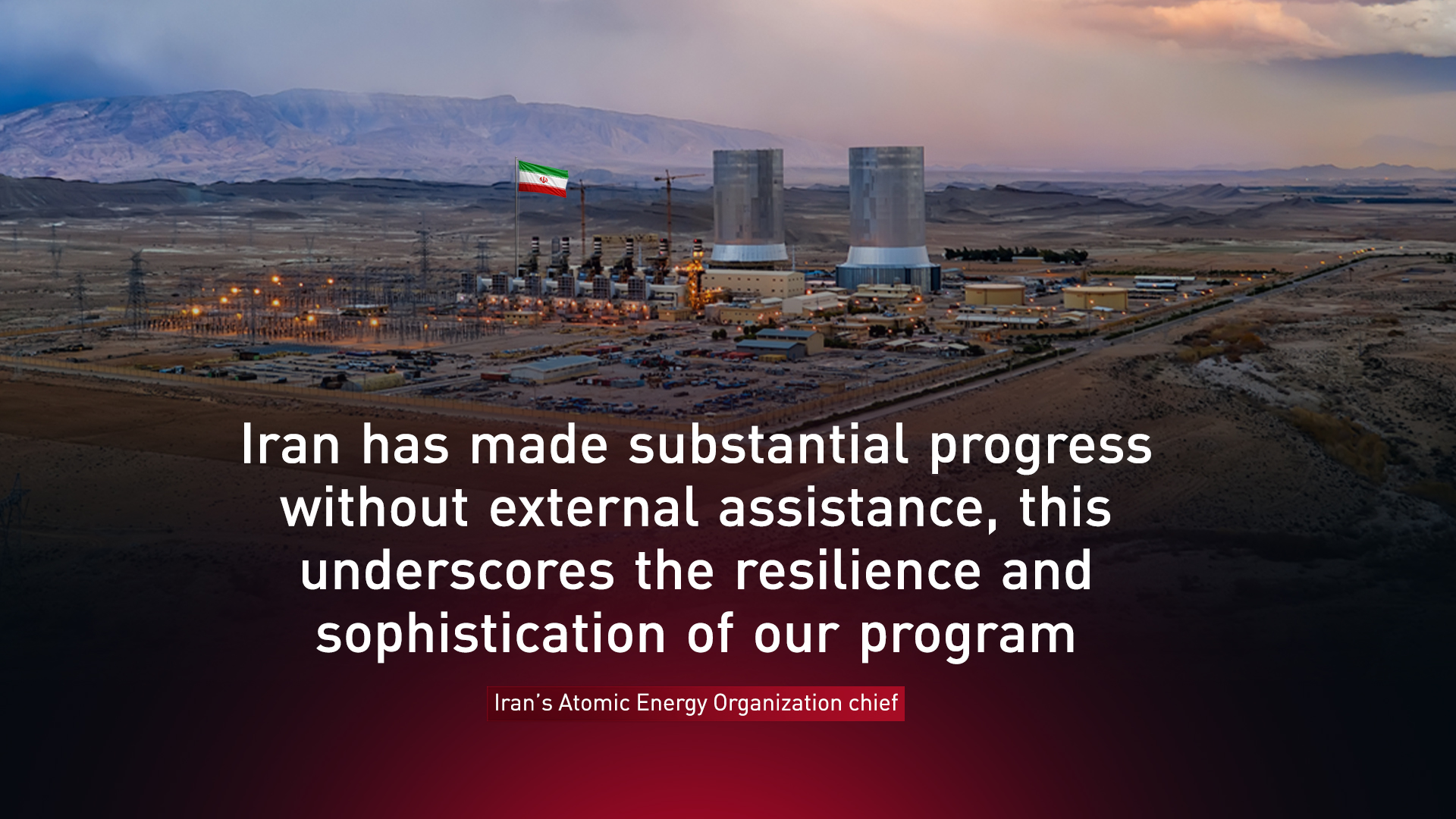Iran Downplays Sanctions Impact, Warns of Withdrawing from Nuclear Oversight Amid Military Threats
Mohammad Eslami denounced the sanctions as “legally baseless,” claiming they are part of a broader “politicized campaign” to pressure Iran’s nuclear file and diminish its global standing.

By Ahora Qadi
ERBIL (Kurdistan24) – Iran’s Atomic Energy Organization chief Mohammad Eslami asserted on Thursday that international sanctions have failed to hinder the country’s nuclear program, citing Tehran’s reliance on domestic capabilities. His remarks come amid mounting tensions and renewed threats from both Washington and Tehran, escalating concerns over the future of nuclear diplomacy.
Speaking in a televised interview, Eslami declared, “Despite facing relentless sanctions, no foreign government supports us, and we are denied access to international technology and cooperation. Yet, all our achievements have been realized indigenously.”
He denounced the sanctions as “legally baseless,” claiming they are part of a broader “politicized campaign” to pressure Iran’s nuclear file and diminish its global standing.
Tehran Ranks Itself Among Nuclear Powers
Eslami went further to position Iran among the top ten countries in nuclear capability worldwide, stating that “Iran has made substantial progress without external assistance—this underscores the resilience and sophistication of our program.”
He confirmed that Rafael Grossi, Director General of the International Atomic Energy Agency (IAEA), is expected to visit Tehran by the end of April for high-level discussions. The visit is seen as a critical step in attempting to re-establish transparency and cooperation between Iran and the UN watchdog.
Trump Threats and Iranian Retaliation
The developments come shortly after U.S. media reported that President Donald Trump had issued a stern warning to Iran: reach a new agreement on its nuclear program or face potential military consequences.
Reacting to the renewed threats, senior Iranian official Ali Shamkhani—an advisor to Supreme Leader Ali Khamenei—warned that continuous Western intimidation could prompt Tehran to take drastic retaliatory measures.
In a post on X, Shamkhani stated, “If the military threats persist and Iran is pushed into a defensive posture, we may be compelled to expel IAEA inspectors and cease all cooperation with the agency.”
He added that such a response could include the relocation of enriched uranium stocks to undisclosed secure facilities—steps that would further destabilize the already fragile nuclear oversight framework.
IAEA Access in Jeopardy
Tehran’s implicit threat to expel IAEA personnel and restrict inspections has drawn sharp attention from the international community, with fears mounting over a potential nuclear breakout scenario.
The escalation comes at a time when U.S. diplomatic overtures to Iran, including indirect talks facilitated through Oman, have failed to yield tangible results. Washington has reportedly requested direct negotiations, a move Supreme Leader Khamenei continues to reject.
A Tense Diplomatic Climate
France has recently urged its citizens to leave Iran, citing risks of arbitrary detention, and is preparing to file a formal complaint with the International Court of Justice over Iran’s treatment of detained French nationals.
As Tehran doubles down on defiance and Washington signals impatience, nuclear diplomacy hangs in the balance. With Grossi’s upcoming visit and the looming prospect of a broader regional confrontation, the coming weeks may prove pivotal in determining whether dialogue or escalation prevails.
